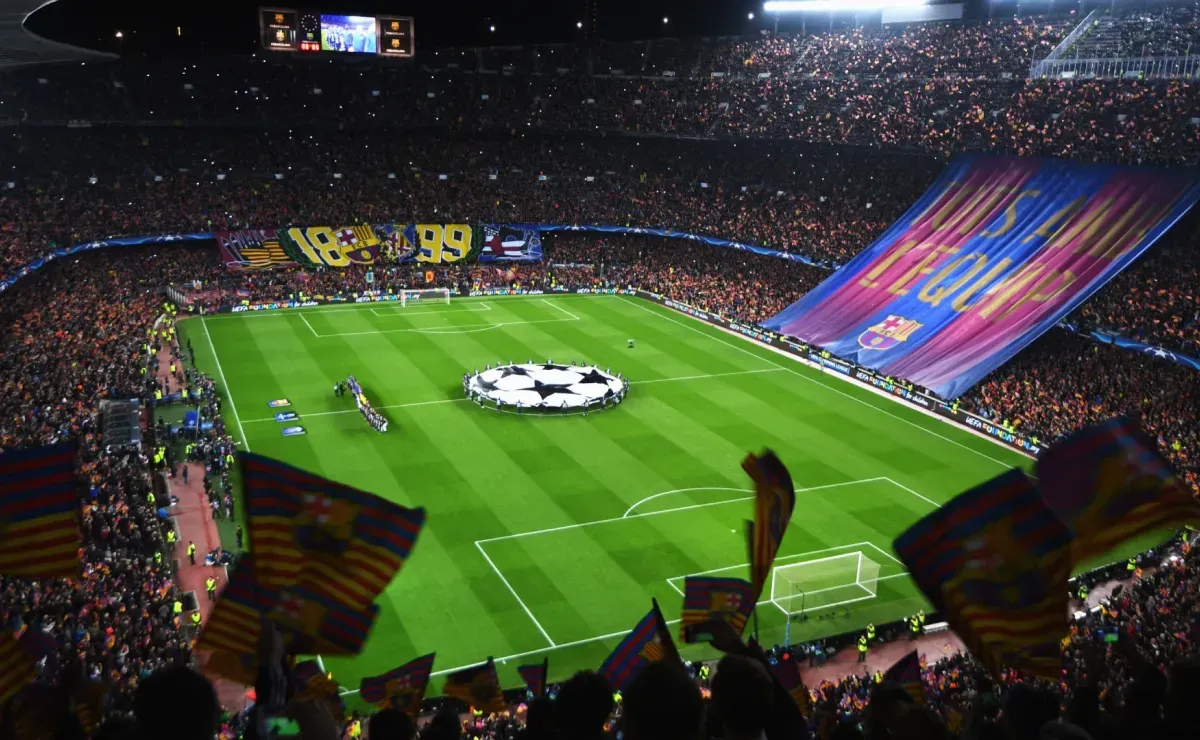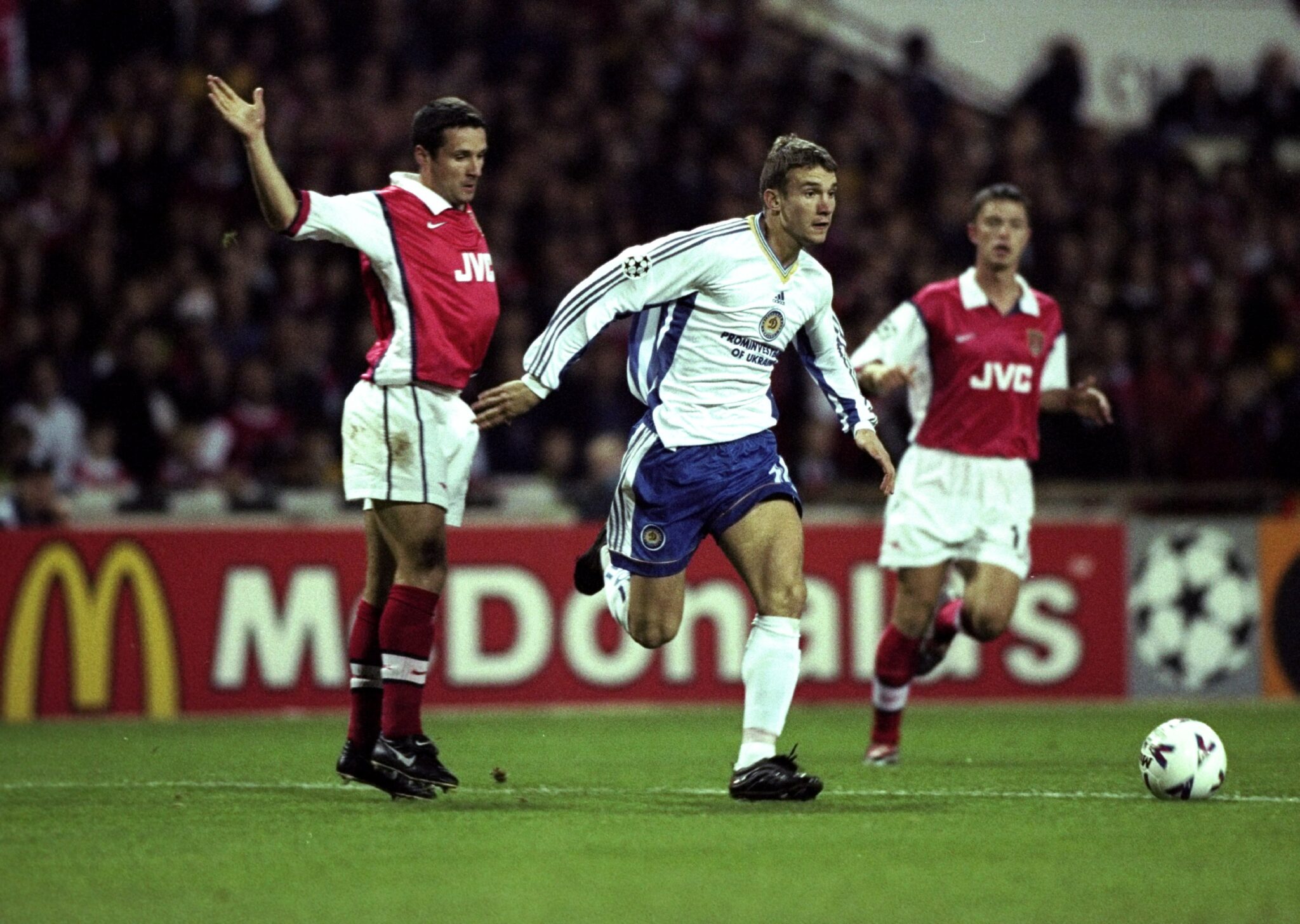Applause at Montjuïc has become more noticeable. After over two years and extensive renovations, Barcelona’s home, the Spotify Camp Nou, is getting ready to welcome back fans, though not fully yet.
The stadium was scheduled to reopen for the Joan Gamper Trophy on August 10, 2025, marking a key moment in the club’s Espai Barça transformation project. However, crucial permits from municipal and safety authorities are still pending.
As Barça awaits final permits, anticipation grows regarding their first match back with home fans, as well as capacity limits. When the stadium finally opens again, it will symbolize more than just a game—it’ll be a return home.
Barcelona returns to Spotify Camp Nou in October 2025
Barcelona will return to the partially renovated Spotify Camp Nou on October 21, 2025, facing Olympiacos in the UEFA Champions League. This match will mark their first high-profile event back at home after playing at different venues during renovations.
A general view of the Spotify Camp Nou Stadium under construction in 2025. (Source: David Ramos/Getty Images)
However, the return will not be complete, as the stadium will have reduced capacity with many areas still under construction and safety approvals not yet granted. Full completion of the renovations is expected by June 2026.
Before fully reopening, the club needs to obtain occupancy licenses, safety certifications, and municipal approvals on evacuation routes and other structural elements that are still under review.
Why the Camp Nou renovation took so long
The overhaul of Spotify Camp Nou into a modern, multifunctional venue is part of the Espai Barça project, approved by 88% of FC Barcelona members in December 2021. The €1.5 billion plan aims to increase the stadium’s capacity to 105,000, add a retractable roof, and enhance fan experience through better accessibility and amenities.
However, the renovation faced significant delays due to multiple reasons. The original timeline anticipated completion by 2024, but construction started only in June 2023. Bureaucratic challenges, including the need to amend the General Metropolitan Plan and opposition from local residents and political groups, caused delays in starting the project.
Additionally, logistical issues such as labor shortages and supply chain disruptions, particularly from 2022 transport strikes, impacted progress. These challenges led to the expected completion date of June 2026.















